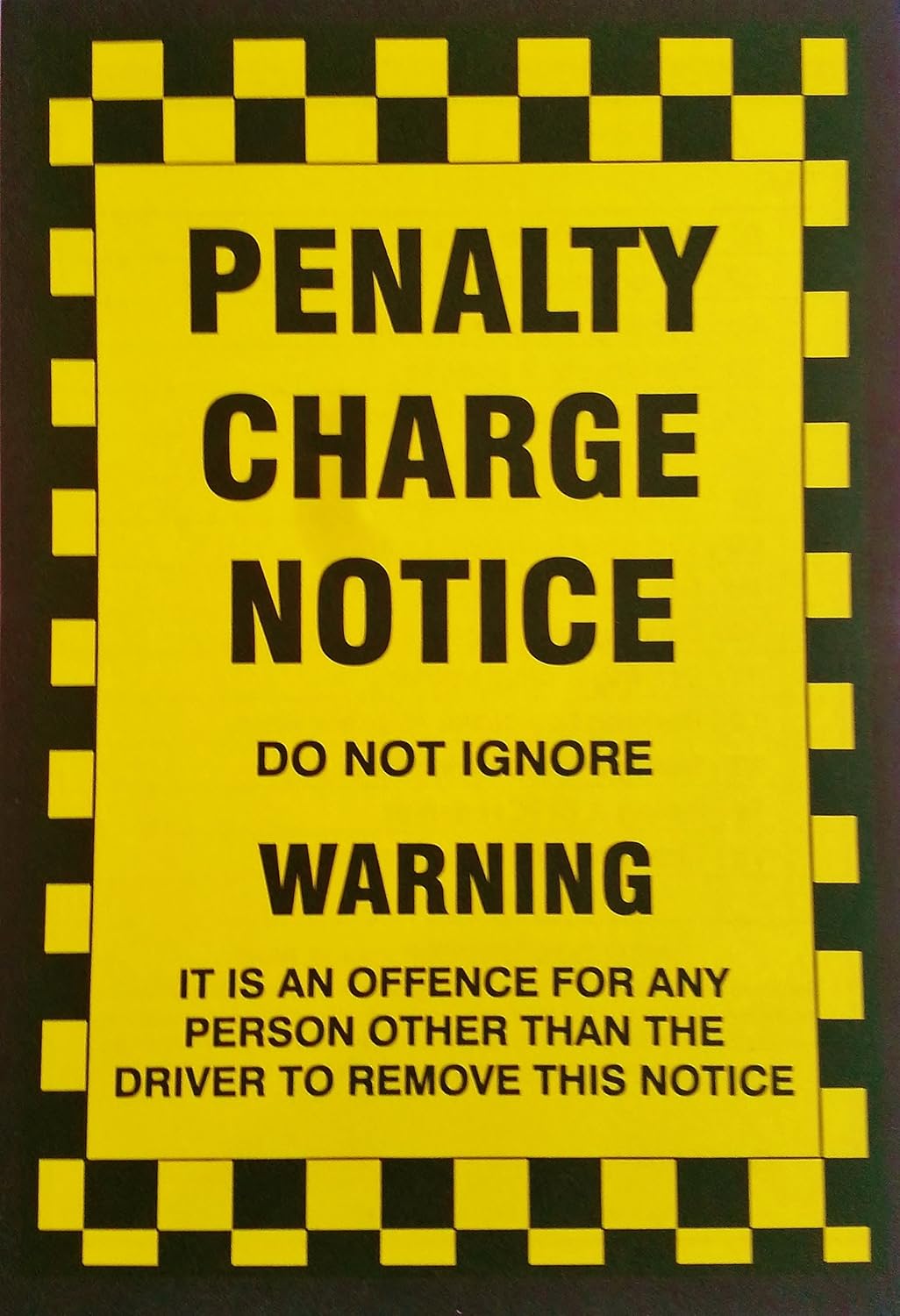 It seems the RAC foundation have engaged legal opinion on the position of private parking 'fines'. I am satisfied to see a reference to the original Somerfield Stores decision!
It seems the RAC foundation have engaged legal opinion on the position of private parking 'fines'. I am satisfied to see a reference to the original Somerfield Stores decision!
Paragraph 37 of de Wall QC's opinion is the crux of the argument and represents the best hope for litigants in the Parking Eye case due before the Court of Appeal at the end of the Month (Judgement expected a month or so afterwards).
de Waal's reasoning is certainly more restrained than some of today's news stories may suggest. it is worth quoting para 37 in its entirety:
Firstly note 'I am not sure' which suggests some difference of opinion on the matter. If I were a parking operator I would certainly be arguing that these terms are not a 'default provision' but a means of providing the service of a managed parking facility. If the car park operator provides a level of service that manages demand within the parking system then we as consumers benefit from this managed demand. It allows us to park where otherwise we may not be able to do so at all, or only in potentially dangerous ways.(37) But I am not sure that this reasoning would apply to parking charges of the kind identified above. These charges are not expressed to be part of a fee for the provision of services, but a charge for exceeding the maximum time allowed on the car park – they are really best understood as a ‘default provision’, that is to say a price paid by the consumer when he or she has done something wrong. Therefore it seems to me that the reasoning expressed in the First National Bank case has more application than that in the subsequent Abbey National case (No emphasis added)
Thus I would suggest this will be the crux of argument, do private parking companies provide a service over and above merely penalising motorists? I think the answer to that argument is generally quite clear (of course it depends on the particular land in question) they do provide a service which manages demand and controls parking behaviour (even if they charge nothing in the first instance). The charge is part of that service of managing demand (i.e. you can park here longer than stipulated because the excess charge will compensate the management problem). Whether this is always the case really is a matter of fact, having received a ticket for a 8 minute overstay on a 1/4 acre piece of scrub-land (first 15 minutes free) on a bank holiday perhaps I should have challenged the notice!
My own personal view is that this part of the challenge will fail, parking companies do provide a management service (in certain circumstances) and as such the price paid for overstay is really a price paid for the space so that the company can provide a managed car park. Thus the price of the parking ticket cannot be classed as unfair (even if we think it is) since price charged under a contract is not subject the unfair contract terms regime.
de Waal does make an interesting point at para's 59-60, particularly where the car park does not limit time but charges a regular price throughout the day. Here the excess charge does represent something of a penalty since the car driver could have paid a smaller amount to stay and the car park owner would have accepted this smaller amount. The excess charge starts to resemble damages which the car park owner would need to justify with reference to any costs they had faced. Whether those costs could be justified and how those costs are determined would be a very interesting exercise.
Shoup (1994) has estimated, in the US, the actual cost of a free parking space which when adjusted for today's prices is roughly equivalent to $478 per space per month (on a very conservative estimate). This research is sorely in need of repeating in the UK and is worth revisiting how Shoup arrived at these figures to try to obtain a less conservative estimate.
If the claimants in the court of appeal case lose on this point it seems that private parking tickets will be around for quite a significant time. As I suspect will arguments about the fairness of parking enforcement.
No comments:
Post a Comment